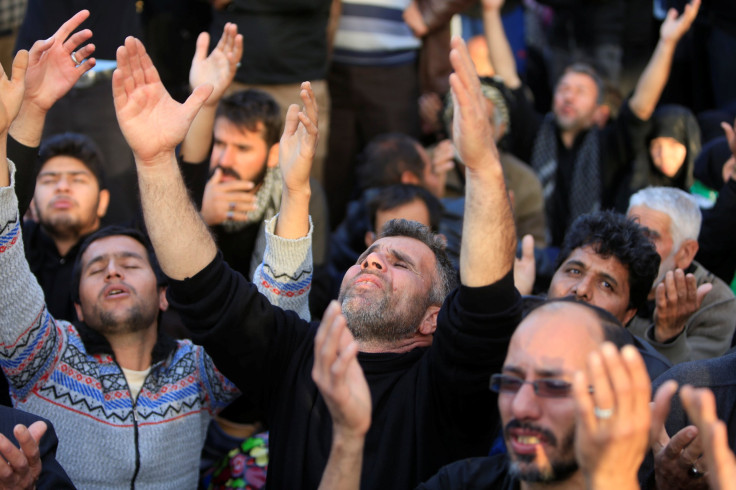Is Trump Executive Order A Muslim Ban? 12% Of World's Islamic Population Lives In Countries Affected By New Travel Rule

The vast majority of the world's Muslims were not living in the seven countries named in President Donald Trump's executive immigration order from where travel to the United States has been temporarily banned. In fact, only about 12 percent of Muslims were in Iran, Iraq, Libya, Somalia, Sudan, Syria and Yemen, according to a Pew Research Center report published Tuesday.
Although all of the countries listed in the executive order have a Muslim majority, only Iran is listed in the top 10 nations with the largest Muslim populations.
Here’s what we know about where Muslims live, according to data gathered by Pew:
- There are about 1.6 billion Muslims worldwide.
- In 2010, there were an estimated 1.6 million Muslims around the world.
- The majority (61.7 percent) lived in the Asia-Pacific region, not the Middle East.
- In fact, more Muslims live in India and Pakistan (344 million) than those who live in the Middle East and Northern African countries (317 million).
- However, the Middle East and North African region has the highest concentration of Muslims — 93 percent of people living in the region are Muslim. Only 24 percent of the Asia-Pacific region’s inhabitants are Muslim.
- With 209 million Muslim residents, Indonesia has the largest Muslim population in the world.
- There are about 248 million Muslims living in Sub-Saharan Africa.
- About 43.5 million Muslims live in Europe, where fears about radical Islamic terrorism have been stoked by the rhetoric of far-right politicians.
- About 3.5 million Muslims live in North America, which is only 0.2 percent of the world’s Muslim population.
- In the United States alone, there were about 3.3 million Muslims in 2015. This was about 1 percent of the total U.S. population.
- Even fewer Muslims (840,000) live in the Latin America/Caribbean region — that’s not even 0.1 percent of the world’s Muslim population.
Although the ban affects a fraction of the Muslim population, many feared the ban would expand to additional countries. Trump advisors Steve Bannon and Stephen Miller said the executive order was the beginning of a sort of experiment transforming U.S. immigration, reported the Los Angeles Times.
In addition, Trump’s Chief of Staff Reince Priebus hinted that the executive order could include other countries in the future.
“Perhaps other countries needed to be added to an executive order going forward,” Priebus said Sunday on NBC’s “Meet the Press.”
© Copyright IBTimes 2024. All rights reserved.





















